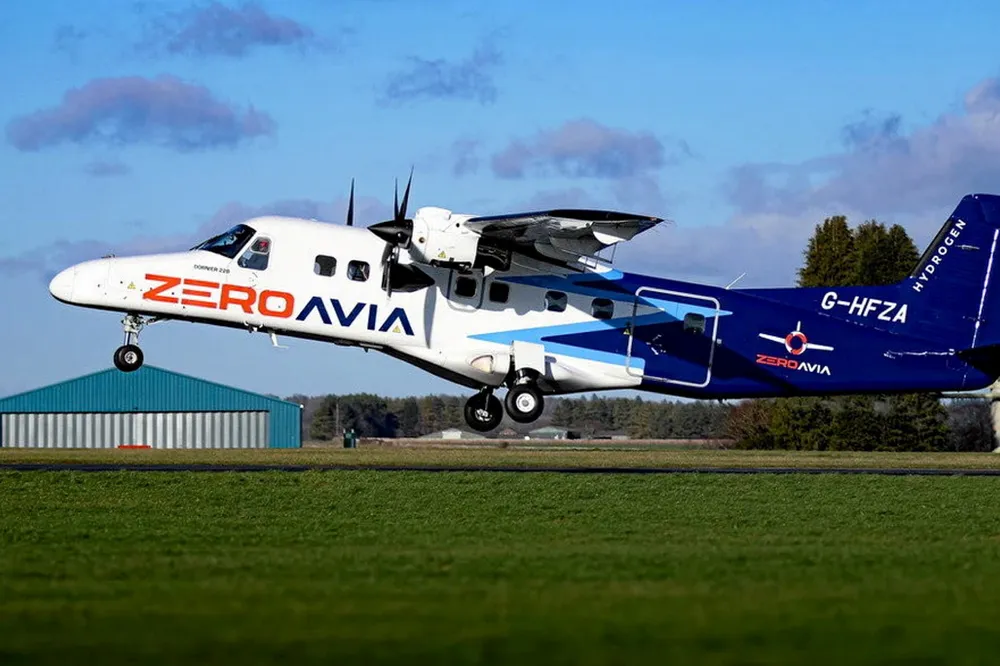Shell and ZeroAvia plan hydrogen-powered passenger flights in Europe from 2025
Oil giant and H2 aviation pioneer aim to begin demonstration flights from Rotterdam The Hague Airport by the end of next year

Oil giant and H2 aviation pioneer aim to begin demonstration flights from Rotterdam The Hague Airport by the end of next year
